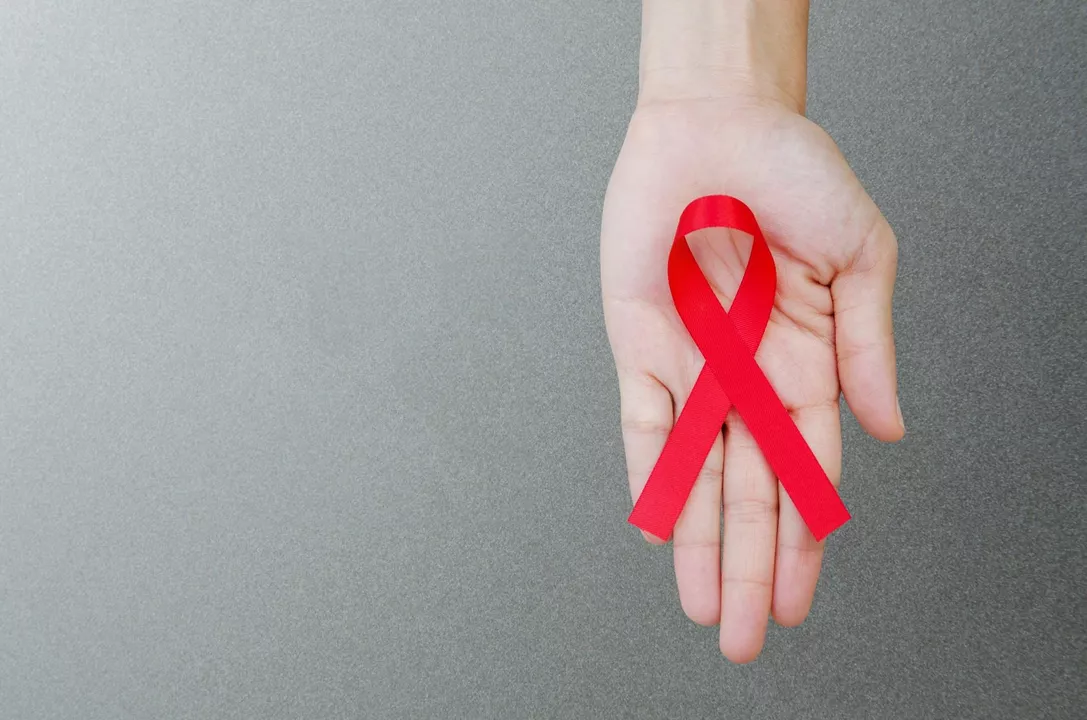Prevention is about small choices that keep you out of the clinic and protect your health. Whether you’re ordering medicine online, starting a new drug, or trying to avoid common illnesses, a few clear steps cut risk and save stress.
Only buy prescription drugs from pharmacies you can verify. Look for a business address, phone number, pharmacist on staff, and clear prescription rules. Check seals like CIPA, LegitScript, or Verified Internet Pharmacy Practice Sites if you can. Avoid sites that sell controlled drugs without a prescription or that pressure you with huge discounts and pop-up claims.
When you get a medicine, compare the pill’s name and dose to the label before taking it. Keep a list of active ingredients and show it to every provider to prevent interactions. Store meds in a cool, dry place, check expiration dates, and throw out anything that smells odd or looks different than you expect. If a pharmacy ships international brands, confirm the generic name and active dose—brand names can vary by country.
Vaccines and routine screenings catch problems early. Follow recommended vaccines for your age and health status, and keep a record so you don’t miss boosters. Schedule screenings like blood pressure checks, cholesterol tests, and cancer screenings based on your doctor’s advice—these catch silent risks before they become emergencies.
Small habits matter: wash hands regularly, sleep enough, move your body most days, and cut back on smoking and excess alcohol. For chronic conditions like diabetes or high blood pressure, monitoring at home and sticking to treatment plans prevents complications. If you feel new or worsening symptoms, call your clinician instead of guessing online—early contact usually fixes issues faster.
Mental health prevention counts too. Stress, isolation, and poor sleep raise the odds of physical problems. Keep social contact, build a routine, and ask for help when anxiety or mood changes start affecting daily life.
When trying supplements, check for proven benefits and known risks. Prefer products with third-party testing like USP or NSF, and tell your clinician about anything you take. Supplements can change how prescription drugs work.
Finally, protect yourself from scams. Use credit cards for online purchases, read reviews, and search for pharmacy complaints before paying. If a deal sounds too good—like prescription-strength drugs for pennies—assume it’s risky. Keep records of orders and receipts so you can dispute charges if needed.
Prevention is practical, not perfect. A verified pharmacy, a current shot record, a medication list, and a couple of healthy habits remove most preventable problems. Take one small step today: check a medicine label, book a screening, or verify your online pharmacy. Those tiny moves add up fast.
Need a checklist? Verify pharmacy credentials, save your prescription history, track vaccine dates, use pill organizer weekly, set refill reminders, and ask your pharmacist about side effects or interactions every time you start a new medicine today and track progress

In my latest blog post, I discuss the importance of community outreach in promoting HIV awareness and prevention, with a focus on the antiretroviral drug Atazanavir. As a key player in the fight against HIV, Atazanavir has been proven effective in suppressing the virus and improving patients' quality of life. By educating our community about this medication, we can empower people living with HIV and help prevent the spread of the virus. Additionally, I explore various community outreach strategies and tools that can be implemented to raise awareness and encourage prevention. Join me in spreading the word to help create a healthier, more informed society.
Discover how regular exercise works with vitamin D and calcium to fight rickets, boost bone density, and keep children's skeletons strong and healthy.
An in-depth look into the severe side effects of the antibiotic Zithromax (Z-Pak) and the legal actions against Pfizer Inc. Over-prescription risks, patient reports of severe health issues, and legal options for affected individuals are discussed.
Medication errors during care transitions are a leading cause of preventable harm. Learn how medication reconciliation, pharmacist involvement, and better communication can stop these errors before they happen.
Learn how to safely buy cheap generic Seroquel (quetiapine) online in Canada. Get step‑by‑step tips, price comparisons, and red‑flag warnings for 2025.
Paul Jessup, the ex-managing director of Strand Capital SA, has been disqualified from serving as a company director for nine years. The Insolvency Service found him guilty of misusing funds from Helvetica Investments Ltd, leading to a significant financial shortfall and his subsequent disqualification.